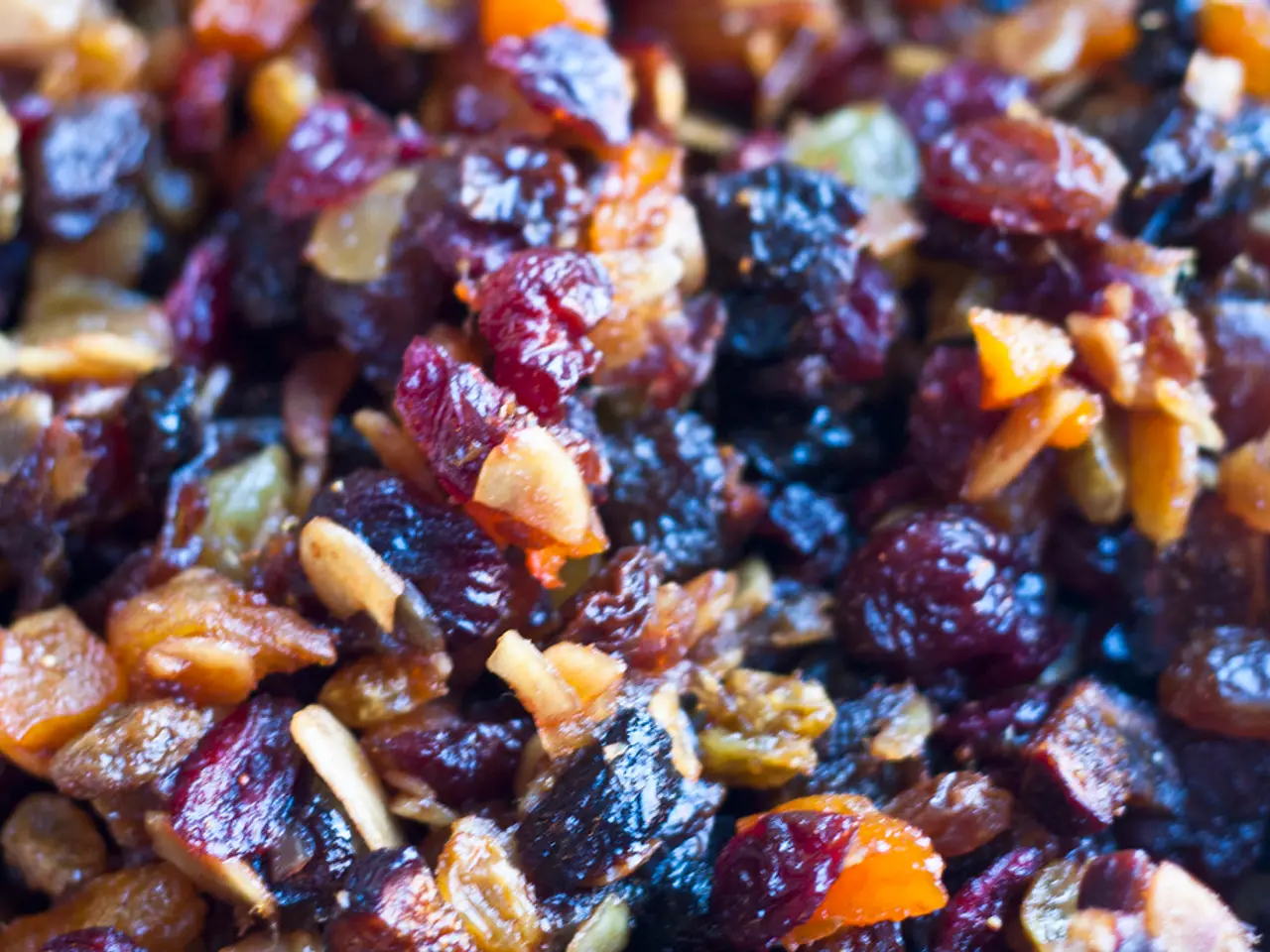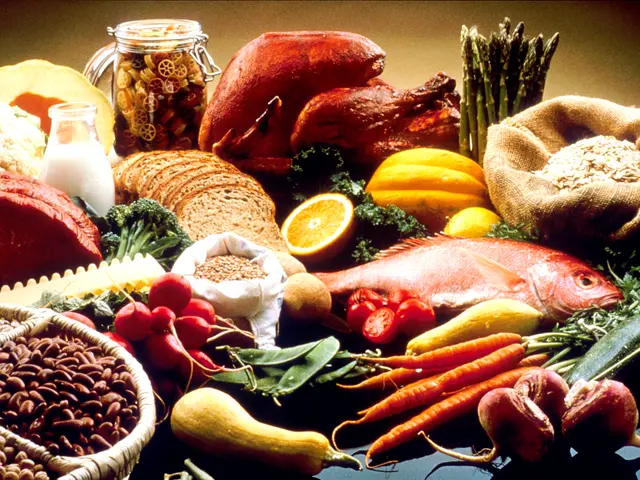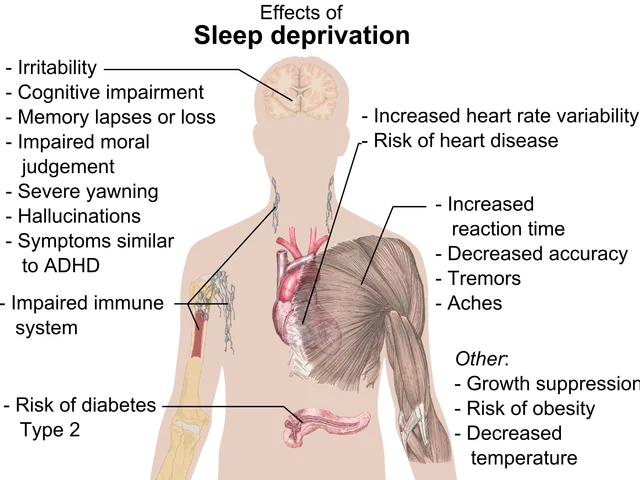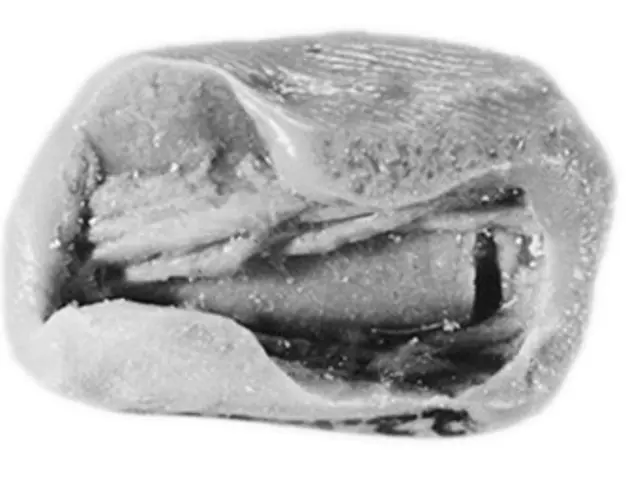New Report: Nutrition and Recovery Crucial for Young Athletes
A new report underscores the crucial role of nutrition and recovery for young athletes. It aims to educate children, parents, and coaches about the importance of a balanced diet and adequate rest for optimal performance and overall health.
Maria Fanninger, co-founder of 'Land schafft Leben', stresses that a balanced, regional diet is the cornerstone of athletic performance. She advises that physically active youth need between 1.2 to 2 grams of protein per kilogram of body weight for muscle building.
The report also emphasizes the significance of recovery, including sufficient sleep and regular breaks. Especially for female athletes, the menstrual cycle influences nutrient requirements and recovery.
A 2024 student survey revealed a keen interest in learning more about nutrition, but schools often fall short in covering this topic. The report recommends basing protein intake on natural, minimally processed foods, and avoiding protein-fortified products.
Carbohydrates and fats play vital roles in sports nutrition, providing energy and long-term fuels respectively. Athletes may need up to 12 grams of carbohydrates per kilogram of body weight daily. Daily intake of vitamins and minerals is also crucial for controlling metabolism, protecting cells, and strengthening the immune system.
The report emphasizes the importance of a diverse, nutrient-rich diet and adequate recovery for young athletes. It calls for better nutrition education in schools to support students' athletic performance and overall health.






